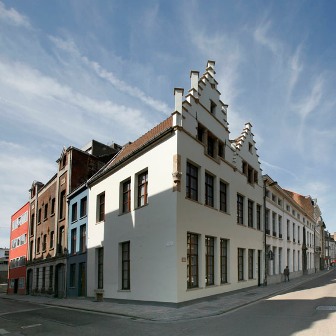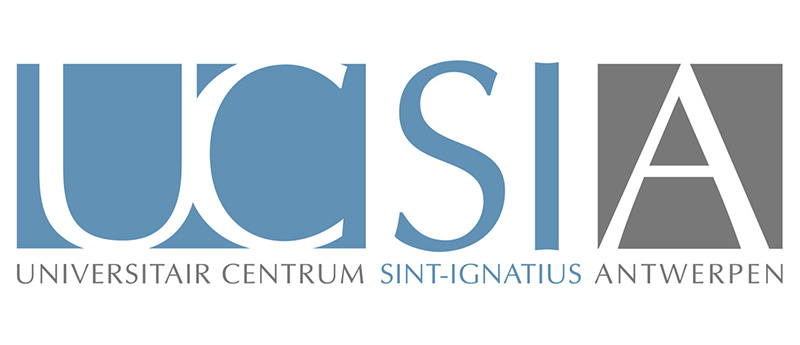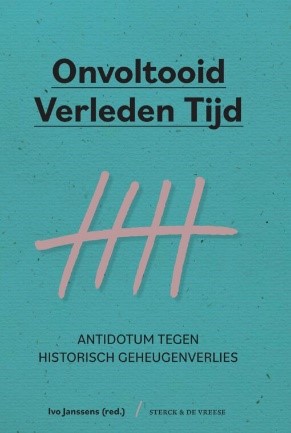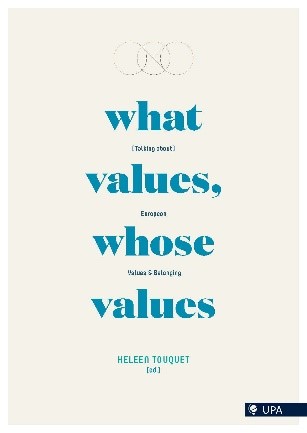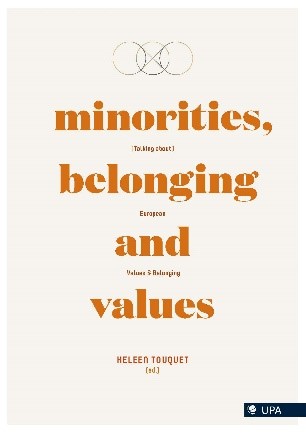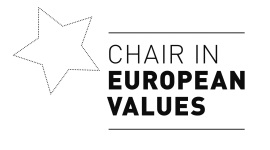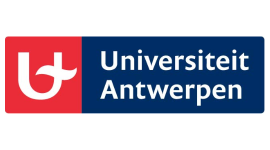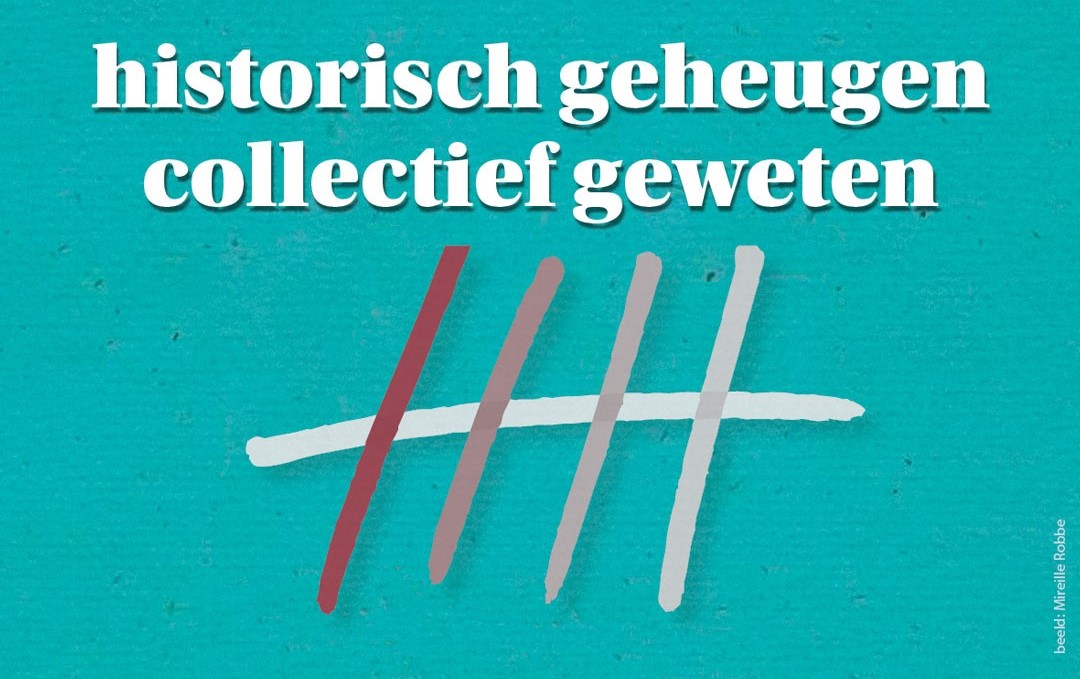
Historical Recollection, Collective Conscience
debate (in English and Dutch) on Thursday 25 November 2021
People are excluded for who they are or for their group affiliation. The refusal to address this injustice helped to prepare for the second World War. It also looms in our society today, as may be gathered from the increased polarization and the cry for recognition of other narratives of collective memory (colonialism, communism, fascism, Nazism, …)
Unaddressed traumatic recollection and prioritizing certain experiences of collective memory over others, reinforce existing social tensions.
- What questions does this raise concerning lessons to be learnt from history?
- What implications to draw for memory education?
- How can the recognition of a plural recollection culture contribute to a more inclusive society?
How to evolve from an unfinished past to a shared future? From ‘never again’ as foundation of the European construction to a critical reflection on the one-sidedness of our Western memory politics … How to convey this to the next generation?
Programme
Welcome by Emmanuel Van Lierde, editor-in-chief TERTIO
7.35 p.m.
Introduction by book editors Ivo Janssens, former Director of Art and Democracy/Demos and Heleen Touquet, holder of the Chair in European Values, University of Antwerp
7.50 p.m.
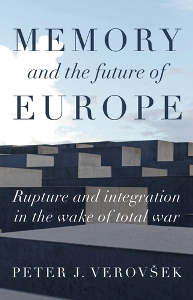
Memory and the Future of Europe
Presentation (in English) by Peter Verovšek, Lecturer in Politics and International Relations at the University of Sheffield
Collective memories of crucial ruptures, including Europe’s age of total war and the fall of communism, have played a key role in the development of the European Union and the European project more generally. However, since the accession of the first new postcommunist member states in 2004, it has become increasingly difficult for Europe to find a unifying narrative of memory that can ground a commitment to a common set of values. In fact, whereas the West is experiencing a profound loss of memory that makes justifying the European project more difficult, Central Europe is suffering from a surfeit of memory that has led to conflicts over basic rights and commitments both internally and externally.
Peter J. Verovšek is Lecturer (tenured Assistant Professor) in Politics and International Relations at the University of Sheffield. His research focuses on how socially mediated collective memories serve as resources for political innovation in the aftermath of broad historical ruptures. His recent book, ‘Memory and the Future of Europe: Rupture and Integration in the Wake of Total War’ (Manchester University Press, 2020) examines the role that the collective memories of the two World Wars have played in the development of the European Union.
8.10 p.m.
Short reactions (in Dutch) by:
- Rachida Lamrabet, author and lawyer
- Marjan Verplancke, responsible for formation and outreach, Hannah Arendt Instituut
8.40 p.m.
Debate with speakers followed by exchange with the audience, moderated by Emmanuel Van Lierde, editor-in-chief TERTIO
Drink
Partners
Chair for European Values
joint project between the UCLouvain and the University of Antwerp dedicated to the study of European values in their diversity
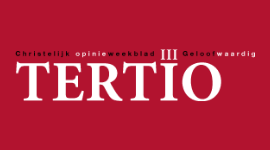
Tertio
Christian newsmagazine
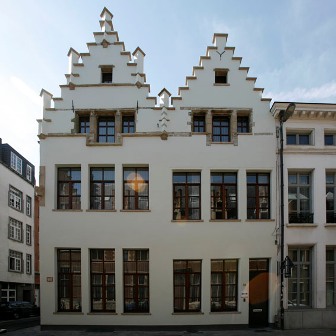
UCSIA
Koningstraat 2
B-2000 Antwerpen
info@ucsia.be
Tel. +32 (0)3 265 49 60
Voorlopige locatie tijdens de renovatiewerken:
Blindestraat 14, 2000 Antwerpen
